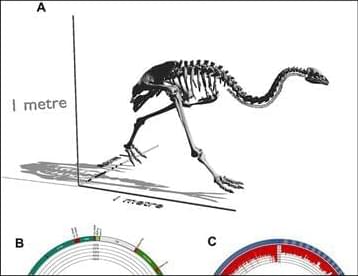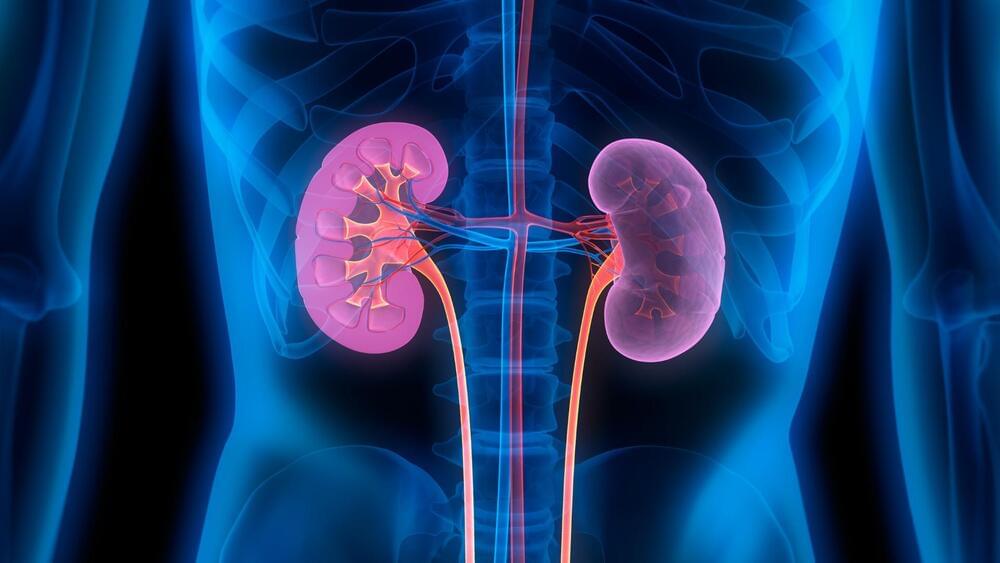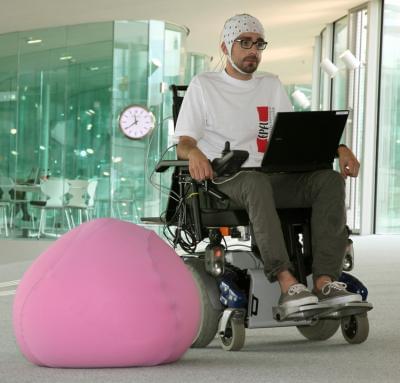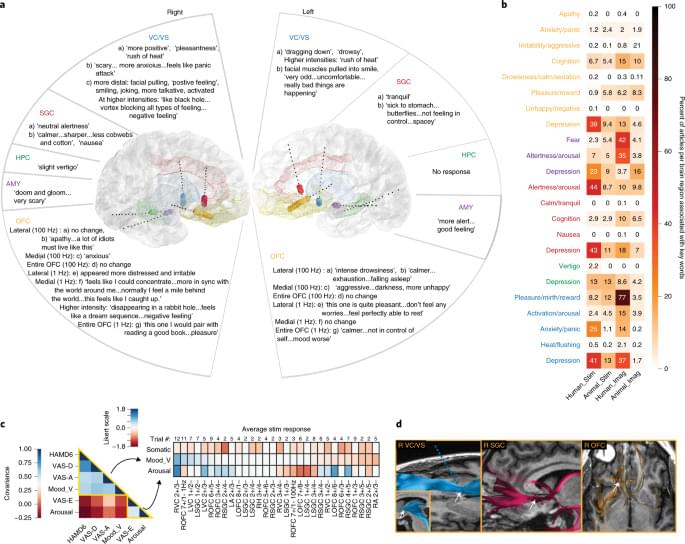Big black holes in little galaxies, rogue black holes and other behemoths could offer clues to cosmic evolution.
Get the latest international news and world events from around the world.


Webb Telescope’s Breakthrough: First Atmospheric Discovery on a Rocky Super-Earth
Gas bubbling up from a lava-covered surface on the exoplanet 55 Cancri e may feed an atmosphere rich in carbon dioxide or carbon monoxide.
Located a mere 41 light years from Earth, the exoplanet 55 Cancri e is so intensely hot that scientists once doubted its ability to sustain an atmosphere. However, a recent study conducted by a national team of scientists suggests 55 Cancri e may be the first rocky exoplanet confirmed to have an atmosphere.
Published in Nature, the paper titled “A Secondary Atmosphere on the Rocky Exoplanet 55 Cnc e” was authored by researchers from NASA’s Jet Propulsion Laboratory, the California Institute of Technology, the University of Chicago, the University of New Mexico (UNM).





Intelligent Neuroprostheses: Brain-Controlled Devices Mimic Natural Motor Control
Researchers have tested a range of neuroprosthetic devices, from wheelchairs to robots to advanced limbs, that work with their users to intelligently perform tasks.
They work by decoding brain signals to determine the actions their users want to take, and then use advanced robotics to do the work of the spinal cord in orchestrating the movements. The use of shared control — new to neuroprostheses — “empowers users to perform complex tasks,” says José del R. Millán, who presented the new work at the Cognitive Neuroscience Society (CNS) conference in San Francisco today.
Millán, of the Swiss Federal Institute of Technology in Lausanne, Switzerland, began working on “brain-computer interfaces” (BCIs), designing devices that use people’s own brain activity to restore hand grasping and locomotion, or provide mobility via wheelchairs or telepresence robots, using people’s own brain activity.


$1,800,000,000,000 Bank Says Customer and Employee Data Has Been Exposed and Accessed in Mysterious Breach
One of the largest banks in the world says a data breach has exposed customer and employee information.
In a statement, Santander says it’s aware of “unauthorized access” to a third-party database containing information on an undisclosed number of customers and employees.
The bank, which has $1.8 trillion in total assets and operates in ten markets across Europe and the Americas, says customers of Santander Chile, Spain and Uruguay are affected.